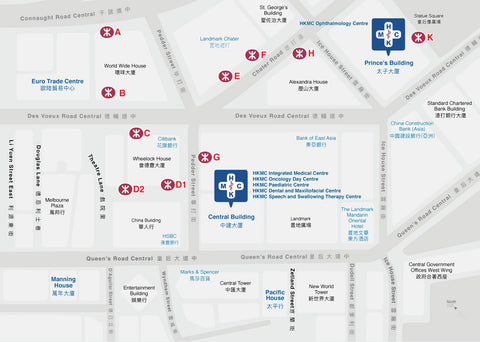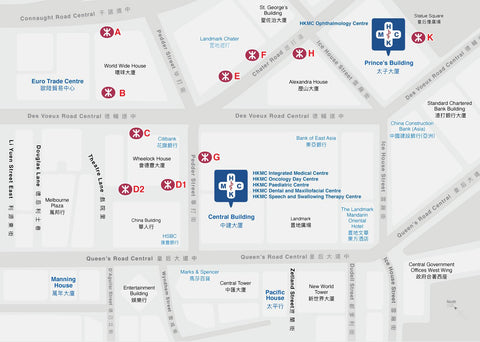
Diabetic Complications Screening Plan
The most devastating consequence of diabetes mellitus is the development of diabetic complications. Persistently elevated blood glucose can damage the retina, kidneys and nerves, resulting in blindness, kidney failure and foot ulcers. Most people do not have symptoms in the early stages of these complications. Regular annual screening for detection and management of diabetic retinopathy, nephropathy and neuropathy is now a standard part of diabetes management.
Who should have Diabetic Complications Screening?
People suffering from diabetes mellitus (both types 1 and 2) should undergo annual diabetic complications screening. For type 1, screening should start 5 years after diagnosis. For type 2, screening should start at the time of diagnosis as many patients with type 2 diabetes are undiagnosed for years.
How is Diabetic Complications Screening done?
Standard annual diabetic complications screening includes blood and urine tests, testing for the sensation of the feet, and photo-taking of the retina by an optometrist. The full set of tests will take about half a morning to complete. All results will be reviewed by an endocrinologist and the reports will be available within 1 week. Consultation with the endocrinologist can be requested as an additional service.
How should I prepare for the Diabetic Complications Screening?
- Please be on an empty stomach for 8 hours or more and stop all diabetes medication(s) for the blood tests.
- You may resume eating and medications after the blood tests.
- Blood and urine tests as well as the testing of the sensation of the feet will take place in the clinic whilst the retinal photo will be done at our satellite eye clinic. Please bring along your usual glasses if available.
What happens after the Screening?
If after the screening, you are found to be free from diabetic retinopathy, nephropathy and neuropathy, then, congratulations! It is recommended that you should continue to maintain your good work in keeping your diabetes under control and you should have the next screening in a year's time to ensure timely diagnosis of complications.
If you are found to have diabetic complications from the screening, do not worry just yet. There are many new treatments available for different types of diabetic complications and with good glycemic control, some of these complications can be reversed. Your doctor will discuss these options with you.
Optional Check-up item is Memory Assessment
Please contact us for further details.


